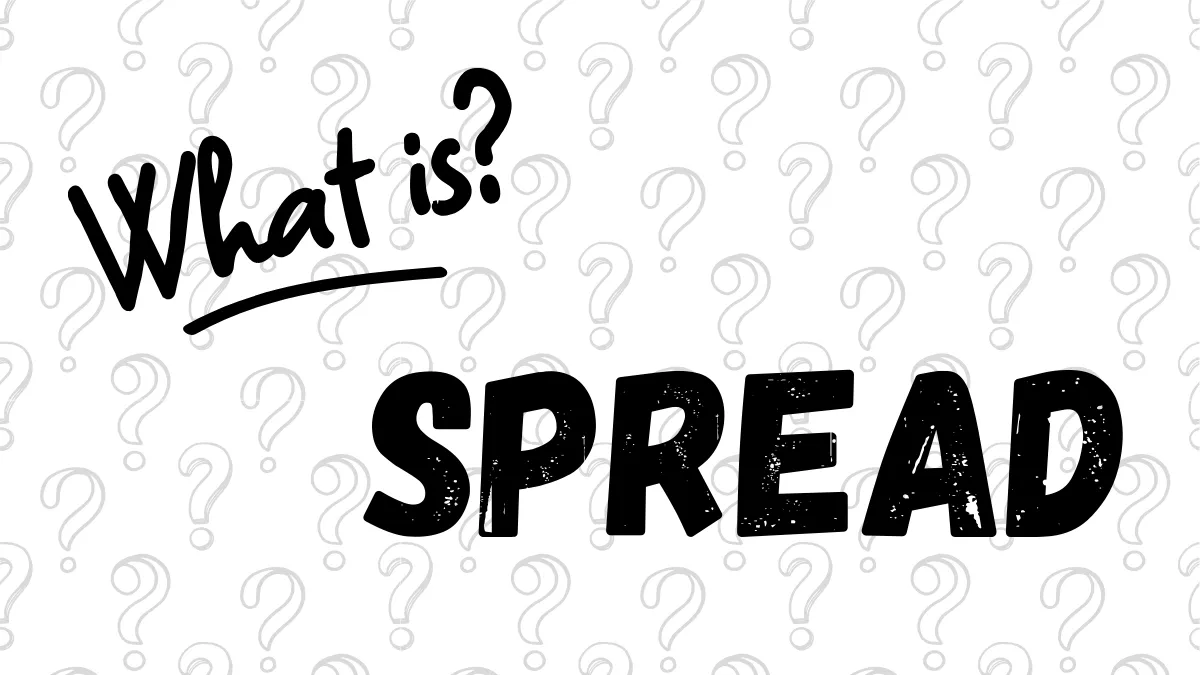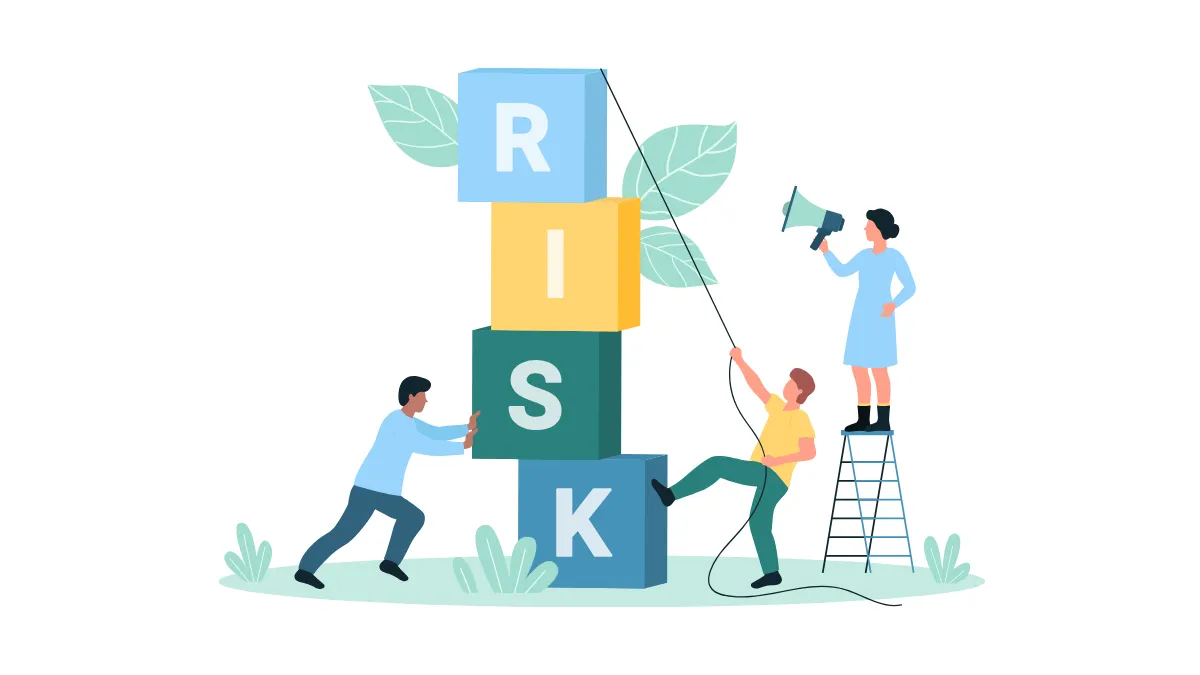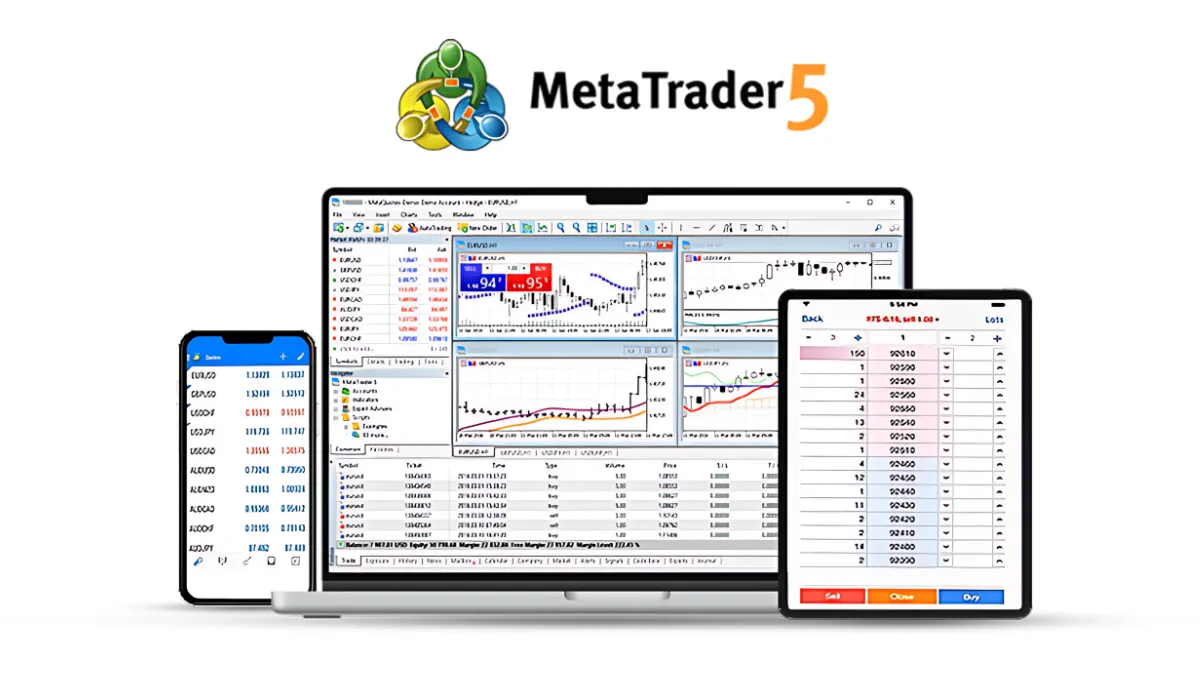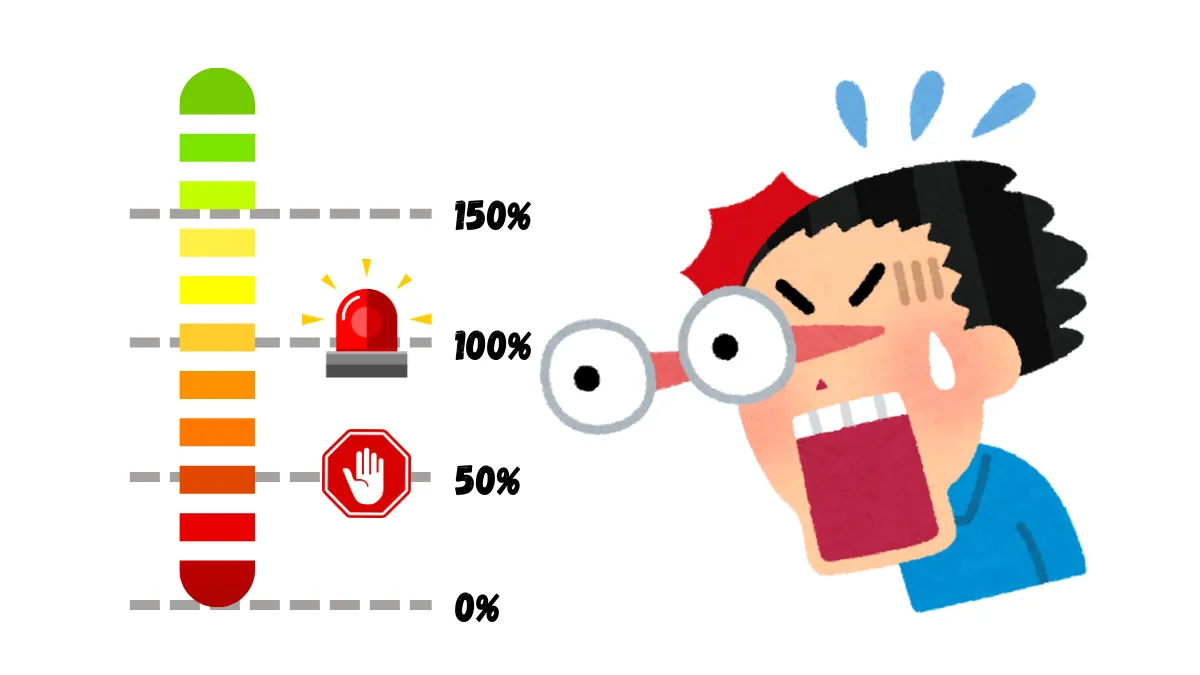Cost of Forex Trading: What Does "Spread" Mean?
When you start engaging in forex trading, besides thinking about how to judge market direction to make a profit, understanding the costs involved in trading is also very important.Just like any business has costs, forex trading does too.
"Spread" is one of the main and most direct costs you will encounter when trading.
This term may sound a bit unfamiliar, but understanding it has a real impact on your trading results.
This article will explain in a simple and clear way what spread is, why it exists, and how it affects each of your trades.
1. What Exactly Is Spread? The Distance Between Bid and Ask Prices
On your trading platform, for any currency pair, you usually see two different prices displayed simultaneously:- Bid Price: This is the price at which the market (or your broker) is willing to buy the base currency. In other words, this is the price you get when you sell the currency pair.
- Ask Price: This is the price at which the market (or your broker) is willing to sell the base currency. That is, this is the price you pay when you buy the currency pair.
"spread" refers to the difference or distance between the "Ask Price" and the "Bid Price".
One unchanging rule is: Ask Price is always slightly higher than Bid Price.
This small difference is the spread.
Example: Suppose the EUR/USD quote is:
Bid Price: 1.1048
Ask Price: 1.1050
Then, the spread is 1.1050 - 1.1048 = 0.0002.
We usually measure spread in "pips" as learned in previous articles.
In this example, since 0.0001 represents 1 pip, 0.0002 represents a spread of 2 pips.
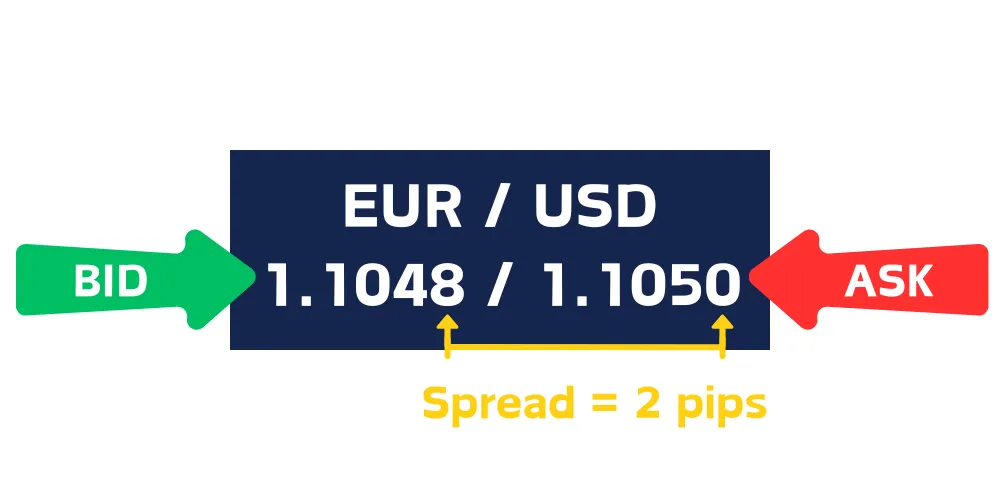
2. Why Does Spread Exist? The Role of Brokers
The existence of spread is mainly a way for brokers to charge for providing trading services.Brokers act as intermediaries between buyers and sellers, needing to earn fees to maintain operations, provide platforms, and process orders.
Spread is one of their main sources of income.
You can think of it as an implicit cost you pay for the convenience and trading opportunities provided by the broker.
It is usually directly reflected in the quotes, rather than charged as a separate fee like a commission (although some account types may charge both commissions and lower spreads, but here we focus on spread itself).
3. How Does Spread Affect Your Trading?
This is the most critical point: spread directly affects your trade entry point and breakeven point.- When you buy a currency pair, you transact at the higher "Ask Price". The market price must rise above this ask price by more than the spread amount for your trade to start making a real profit.
- When you sell a currency pair, you transact at the lower "Bid Price". The market price must fall below this bid price by more than the spread amount for your trade to start making a real profit.
Simply put: At the very start of every trade, you have already "borne" the cost of the spread.
The price needs to move in your favor by more than the spread distance before your trade reaches breakeven; subsequent movement is your net profit.
4. Why Does Spread Change? Factors Affecting Spread Size
You will find that the spread for the same currency pair is not always fixed; its size is influenced by multiple factors:- Currency Pair Traded: Generally, major currency pairs (like EUR/USD) with high trading volume and many market participants (high liquidity) have narrower (smaller) spreads. Minor currency pairs or emerging market currencies usually have wider (larger) spreads due to lower liquidity.
- Market Volatility: During major economic data releases, important news events, or periods of high uncertainty, price volatility intensifies, increasing the risk for brokers. At such times, spreads usually widen significantly.
- Trading Session: When major forex markets (like London and New York) overlap, the market is usually most active with the best liquidity, and spreads tend to be narrowest. During quieter periods (such as late night in the Asian session), spreads may widen slightly.
- Broker Policies: Different brokers may have different pricing models, resulting in varying spreads.
5. Fixed Spread vs. Variable Spread (A Simple Overview)
You may have heard of these two types of spreads:- Fixed Spread: The spread remains unchanged regardless of market volatility. The advantage is predictable costs, but it is usually slightly higher on average than variable spreads.
- Variable Spread: The spread fluctuates continuously with market supply, demand, and volatility. It can be very low during stable, liquid market conditions but may widen significantly during volatile periods. This is the more common model in the retail forex market today.
6. Key Reminders for Beginners
- Understand Costs: Spread is one of the main costs you must consider when trading forex.
- Lower Is Better? Generally, the lower the spread, the lower your initial trading cost, which is more favorable for traders.
- Watch for Changes: Be aware that spreads are not fixed, especially around major news events, when spreads may widen.
- Compare Options: When choosing a broker, the average spread level they offer on currency pairs you are interested in is an important comparison factor.
Conclusion
"spread" is the difference between the ask price and the bid price, representing the initial cost barrier you must overcome when entering the forex market.Understanding what spread is, why it exists, and how it changes can help you better evaluate trading costs, manage trading risks, and make wiser decisions when selecting a trading platform.
Remember to observe spread changes across different times and currency pairs during demo trading to deepen your understanding.
Hi, we are the Mr.Forex Research Team
Trading requires not just the right mindset, but also useful tools and insights. We focus on global broker reviews, trading system setups (MT4 / MT5, EA, VPS), and practical forex basics. We personally teach you to master the "operating manual" of financial markets, building a professional trading environment from scratch.
If you want to move from theory to practice:
1. Help share this article to let more traders see the truth.
2. Read more articles related to Forex Education.
Trading requires not just the right mindset, but also useful tools and insights. We focus on global broker reviews, trading system setups (MT4 / MT5, EA, VPS), and practical forex basics. We personally teach you to master the "operating manual" of financial markets, building a professional trading environment from scratch.
If you want to move from theory to practice:
1. Help share this article to let more traders see the truth.
2. Read more articles related to Forex Education.

